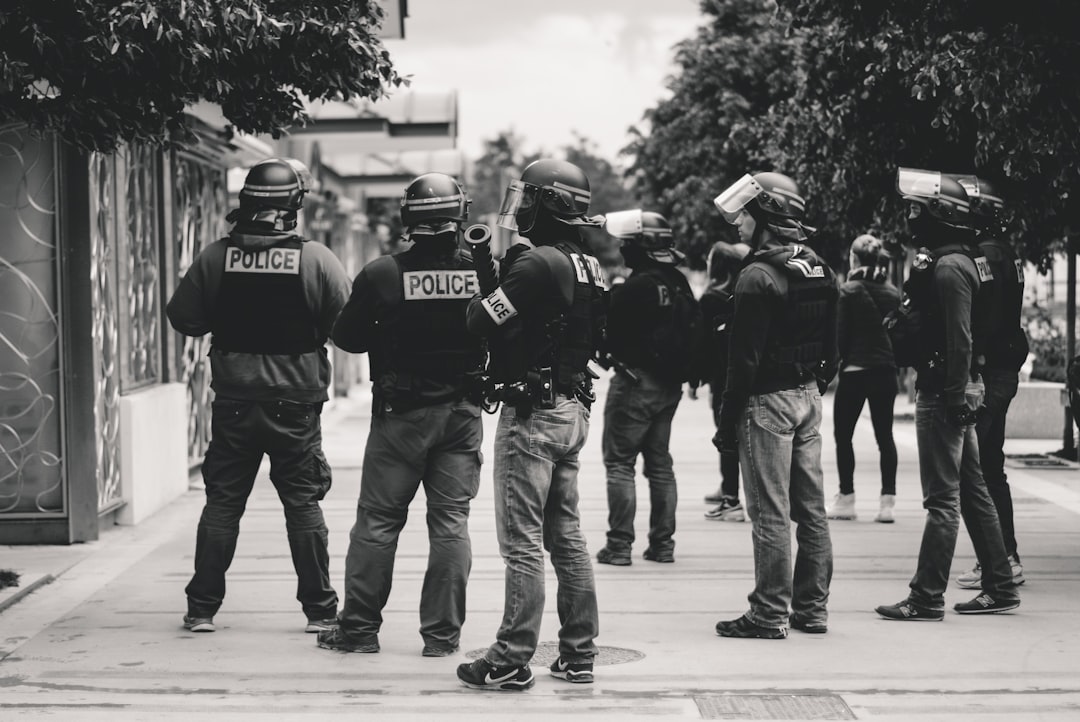The advent of Artificial Intelligence (AI) has brought about significant changes across various industries, and the legal sector is no exception.
AI’s role in courtrooms is rapidly evolving, with implications that are both beneficial and contentious.
This article explores the influence of AI in courtrooms and how technology is shaping the future of trials.
AI as a Tool for Evidence Collection and Analysis
AI’s impact in the legal arena extends from administrative matters, such as automated e-filing, to data-driven inferences about defendants.
There have been cases where data generated by AI-driven consumer products served as evidence in criminal courts. These instances underscore the potential of AI as a tool for evidence collection and analysis.
AI in Legal Document Review and Decision Making
Furthermore, AI is increasingly used to analyze large amounts of legal data, helping lawyers identify precedents and aiding judges in their decision-making process.
AI has shown its capacity to review documents more quickly than humans, which can be particularly useful during due diligence or when seeking specific clauses in legal documents.
The Ethical and Practical Implications of AI Justice
However, the introduction of AI in courtrooms also raises several concerns. The idea of ‘robot judges’ has sparked debates on the ethical and practical implications of AI justice.
Critics argue that while AI might expedite legal processes, it cannot replace the experience and knowledge of real lawyers and judges.
Furthermore, there are valid worries about potential misuse of AI systems in legal proceedings.
AI in Judicial Proceedings and Criminal Justice System
Despite these challenges, some countries are already experimenting with AI in judicial proceedings.
Colombia, for instance, used an AI language model to generate part of a judicial opinion. Similarly, Estonia has piloted a robot judge, indicating a shift towards AI-assisted judgement.
Another aspect of AI application in courtrooms is its use in the criminal justice system.
Predictive policing, a prominent application of AI in crime prevention, involves analyzing vast amounts of data to identify patterns and allocate resources strategically.
Conclusion
As AI continues to permeate the world’s courts, it’s essential to address the new challenges it presents for judiciaries.
Both information technology (IT) and AI offer new opportunities but also entail major new challenges.
As we move towards an era of ‘artificial justice,’ it’s crucial to navigate this transition with caution, ensuring that technology enhances rather than compromises the rule of law.
FAQs
How is AI currently being used in law?
AI is currently being used in several aspects of the legal field. It’s used for legal research, document review, and contract analysis. AI can sift through large amounts of data to identify relevant case laws, statutes, or legal arguments. It’s also used in predictive analysis to forecast legal outcomes based on past cases. Additionally, AI-powered chatbots can provide basic legal advice or help individuals fill out legal forms. However, these uses are meant to aid legal professionals, not replace them.
How is AI used in criminal justice?
AI plays a significant role in modern criminal justice systems. It’s used in predictive policing, where algorithms analyze data to predict potential crime hotspots or individuals likely to commit crimes. In some jurisdictions, AI is used in risk assessment tools to help decide bail and sentencing. Furthermore, AI helps in analyzing large amounts of digital evidence, which can be particularly useful in cybercrime investigations.
Do judges use AI?
Yes, some judges use AI-powered tools to assist with their work. These tools can help judges analyze large volumes of legal documents and case law more efficiently. They can also provide predictive analytics based on historical data to assist in decision-making. However, these tools are used as aids and do not replace the human judgment and discretion that judges exercise.
Will AI replace stenographers?
While AI has made strides in transcription services, replacing stenographers entirely is not imminent. AI can transcribe speech into text, but it may struggle with accents, dialects, or overlapping speech. Moreover, stenographers do more than just transcribe; they also manage the official record, ensure its accuracy, and clarify inaudible or ambiguous statements during proceedings. Thus, while AI may assist stenographers, it is unlikely to replace them entirely.
Will AI ever be used in court?
AI is already being used in court systems, but not in the way one might think. Instead of replacing human roles, AI is being used to assist in tasks like document review, legal research, and predictive analysis. Some courts also use AI-powered tools for administrative tasks like scheduling. However, the use of AI in courtrooms is still a subject of ongoing debate due to ethical and practical considerations.
Why can’t AI replace lawyers?
While AI can perform tasks such as legal research and document review more efficiently than humans, it lacks the ability to provide the nuanced counsel that clients need. Lawyers not only need to understand the law but also need to interpret it in the context of a client’s specific situation. They must also provide strategic advice, negotiate, advocate, and display empathy – all skills that AI currently cannot replicate.
Can AI identify criminals?
AI can assist in identifying criminals by analyzing patterns in data, facial recognition, and other biometric identification methods. However, these methods are not infallible and have raised concerns about privacy, accuracy, and bias. AI should be used as a tool to aid human investigators, not as the sole method of identifying criminals.
What AI was used for court cases?
Several AI tools have been used in court cases. For example, ‘ROSS Intelligence’ is an AI tool used for legal research, and ‘LegalMation’ generates litigation documents. ‘Compas’ is a risk assessment tool used in sentencing and bail decisions. However, the use of such tools is not without controversy, particularly concerning transparency and potential bias in AI algorithms.
Can AI make judgments?
While AI can analyze data and provide predictive outcomes based on that data, it cannot make judgments in the same way a human can. Judgments often involve complex decision-making, interpretation of laws, and consideration of ethical implications – all of which require human understanding and intuition. Therefore, while AI can support decision-making processes with data and analysis, it cannot replace human judgment.






